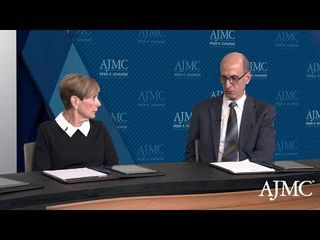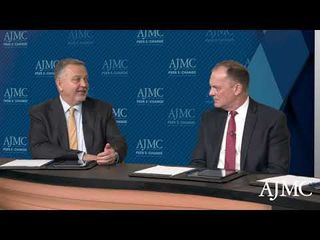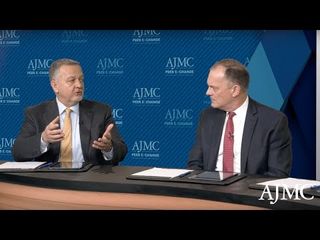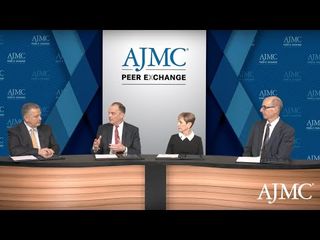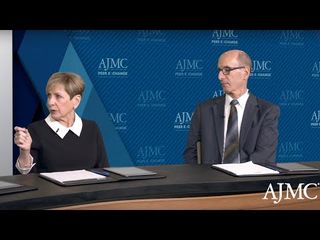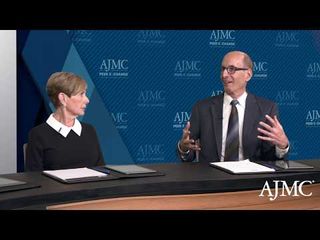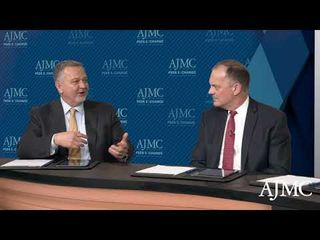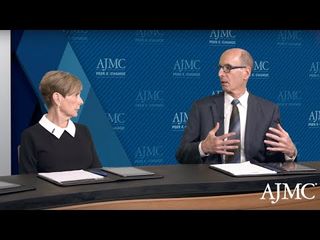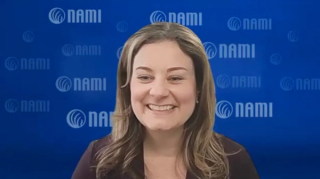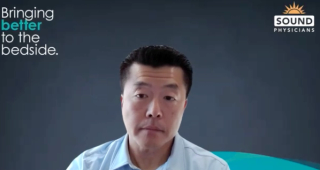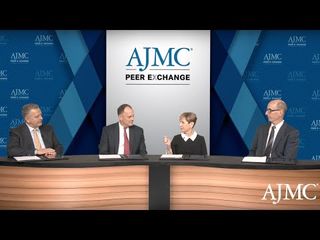
Health Care Cost
Latest News
Video Series

Latest Videos
Shorts



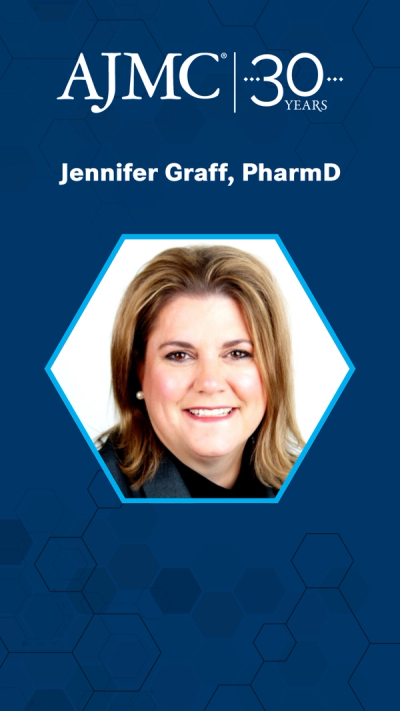





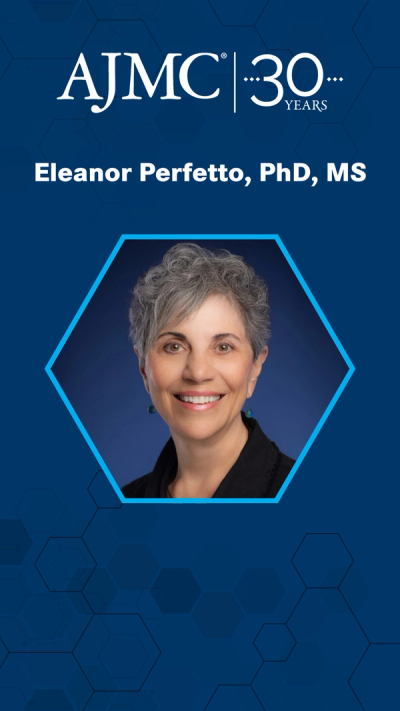
Podcasts
CME Content
More News

Increasing Medicare Advantage payments for full Medicaid enrollees was not associated with meaningful changes in inpatient or nursing home use.

The Orphan Drug Act revolutionized rare disease treatment, yet rising costs and access issues challenge equitable health care solutions.

Prior authorization remains a major health care barrier, causing delays and frustrations for insured adults seeking necessary treatments.

Explore critical health equity issues as barriers to care access and health disparities that impact treatment for allergic rhinitis and childhood vaccinations.
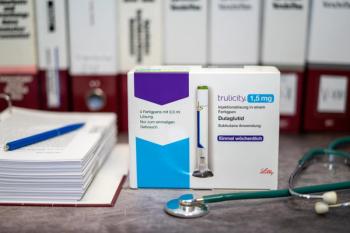
The upcoming price negotiations are the third cycle since the Inflation Reduction Act was passed in 2022.
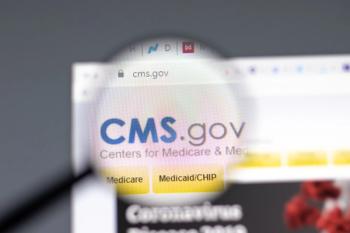
CMS’s 2027 proposed MA payment rate increase of .09% falls short of expectations, potentially increasing premiums and reducing benefits for seniors.

Adults who are underweight, overweight, or obese face higher medical expenditures, varying by age, sex, and care setting.

Research reveals that socioeconomic status significantly impacts survival rates in young adults with metastatic colorectal cancer, emphasizing the need for health equity initiatives.

Health outcomes and inpatient costs improved for veterans when the federal government invested in preventing homelessness.

The CEOs of UnitedHealth Group, CVS Health, Elevance Health, The Cigna Group, and Ascendiun attended hearings in the House of Representatives all day Thursday.

Chronic gastrointestinal disorders are common and costly for employers. Use of a digital digestive care program was associated with reduced health care spending.
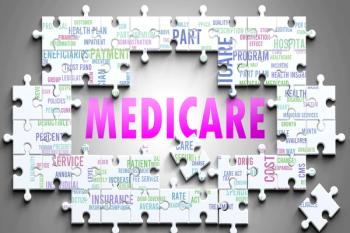
The decline in primary care providers threatens Medicare FFS patients' access to new visits, highlighting urgent needs for policy reform and workforce solutions.

France approved botensilimab plus balstilimab for select ovarian cancers and soft tissue sarcomas, expanding early access to this dual immunotherapy.

As clinical trial activity accelerates and trial designs grow more complex, new data highlight persistent challenges with feasibility, enrollment, and early termination.

Jose Guzman Garcia, PharmD, MHA, BCCCP, discusses key pharmacy initiatives at UC Davis Health.

With ACA subsidies in limbo, ICHRAs may reshape how Americans access coverage. Here are 5 FAQs explaining what they are, who benefits, and key trade-offs.

Trump's Great Healthcare Plan aims to lower drug prices, reduce insurance premiums, and enhance transparency, according to the White House.

A recent study reveals that medical debt significantly increases the risk of housing instability, highlighting urgent implications for health policy and financial security.

Johnson & Johnson partners with the Trump Administration to lower drug prices and utilize TrumpRx.com, joining a growing list of pharmaceutical companies.

This week, we look at 5 key health care changes the Trump Administration made in 2025, changes to the immunization schedule, and new research on telehealth accessibility.

President Donald J. Trump's health care overhaul during the first year of his second term reshapes Medicaid, vaccine policies, and drug pricing.
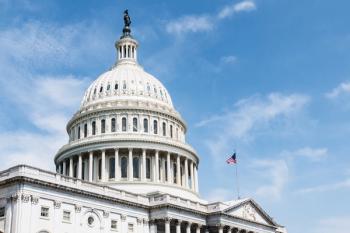
The House voted to extend the insurance subsidies under the Affordable Care Act (ACA), but the bill could face problems in the Senate.
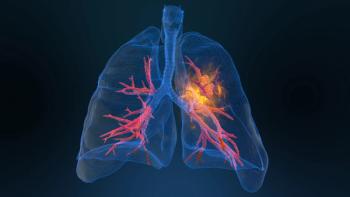
The treatment was compared with adagrasib in second- and subsequent-line treatment, with sotarasib coming out on top based on current efficacy data.

GoodRx offers affordable access to oral semaglutide for weight loss through telemedicine, simplifying treatment options and pricing for consumers.
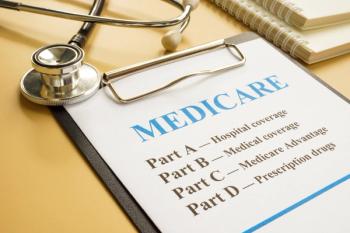
Medicare HIV cases are projected to double by 2035, with cumulative costs reaching $195.6 billion and creating critical challenges for federal funding.





